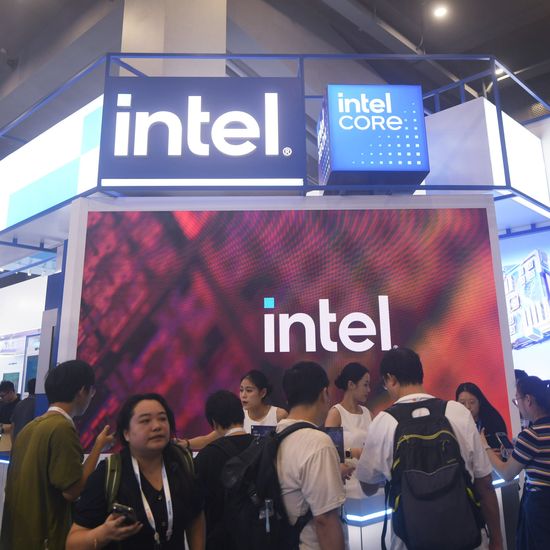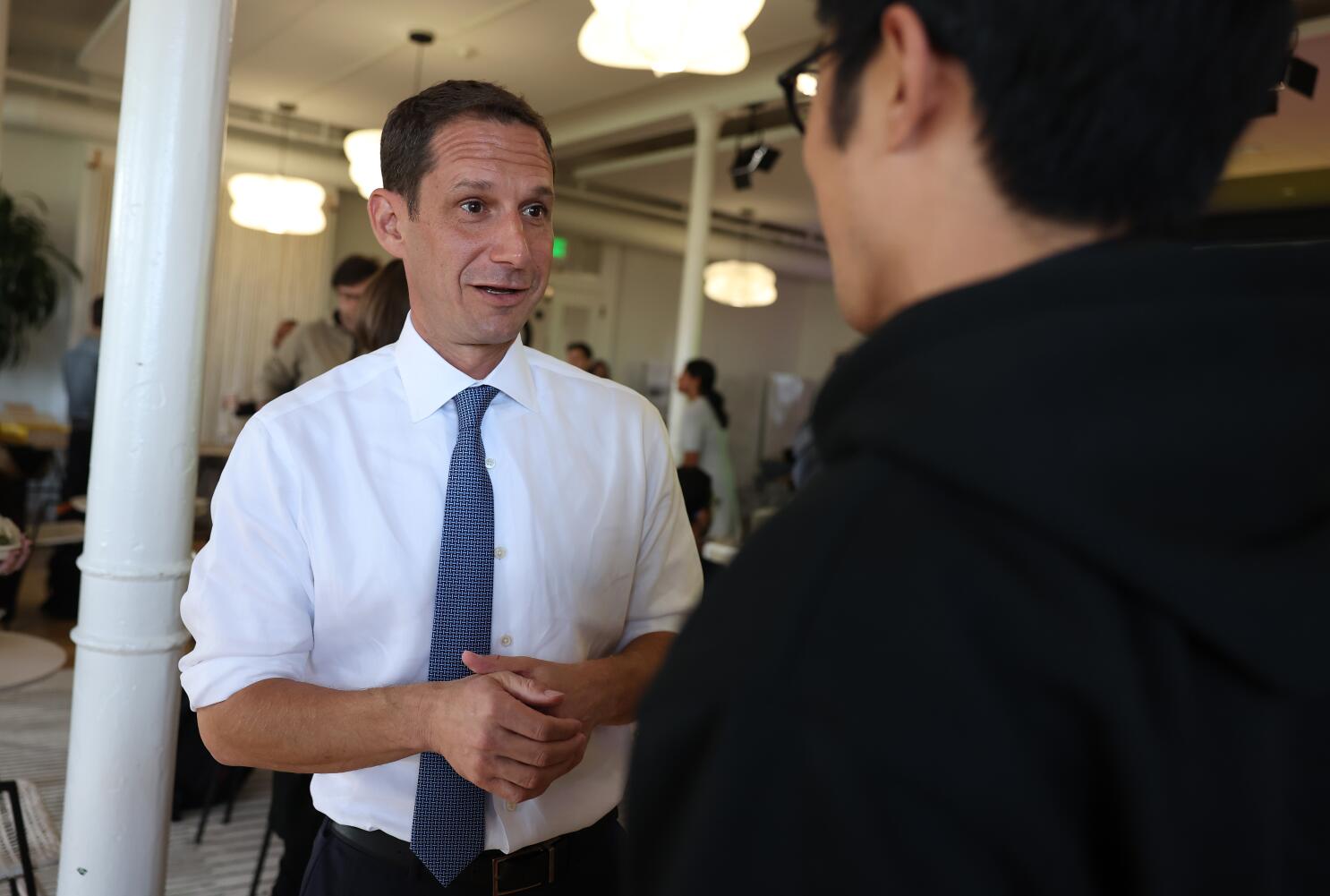By Ryan Gould
Copyright independent

Apple and Intel also have discussed how to work more closely together, said the people, who asked not to be identified because the deliberations are private. The talks have been early-stage and may not lead to an agreement, the people said.
Intel shares gained as much as 7.9pc in New York trading on Thursday. They had jumped 6.4pc the previous day after Bloomberg first reported on the discussions. Apple rose less than 1pc to $253.71 on Thursday.
Such a deal would follow a $5bn investment last week by Nvidia, which plans to work with Intel on chips for personal computers and data centres.
A deal with Apple would represent further validation of the chip-maker’s turnaround bid
SoftBank Group, the Japanese tech giant seeking to expand further into the United States, announced a $2bn investment in Intel last month.
Intel also has reached out to other companies about possible investments and partnerships, the people said.
A deal with Apple – a longtime Intel customer that switched to in-house processors in the past five years – would represent further validation of the chip-maker’s turnaround bid.
Still, it’s unlikely that Apple would switch back to installing Intel processors in its devices. The iPhone maker’s most sophisticated chips are now produced by partner TSMC. A representative for Intel declined to comment. An Apple spokesperson didn’t respond to a request for comment.
Intel CEO Lip-Bu Tan is attempting a comeback with the backing of the US government. In an unconventional deal brokered by the Trump administration in August, the US acquired a roughly 10pc stake in the chip-maker.
Intel is seen as a critical piece of efforts to reinvigorate domestic production a priority for the White House.
Even with financial support, Intel’s challenges remain daunting.
The California-based company has lost its long-held technological edge and ceded market share to rivals such as Advanced Micro Devices. Moreover, Intel has struggled to capitalise on sales of AI chips – a specialty of Nvidia.
Intel stock is up about 60pc since August
Once the globe’s dominant chip–maker, Intel now has a fraction of Nvidia’s sales and market cap. It also has laid off workers – including up to 195 employees here in Ireland – and delayed factory expansion plans.
Still, investors have grown more optimistic about its prospects since the Trump share grab. The stock is up about 60pc since August.
Under former CEO Pat Gelsinger, Intel set out to become a chip foundry and make semiconductors for outside clients. But the company struggled to find enough customers to support expansion plans. Intel has continued to pursue the foundry strategy under Tan, though more cautiously.
He said in July that Intel would only roll out a new cutting-edge production technique – called 14A – if customers committed to it.
Apple and Intel have a long, sometimes strained history together. Apple used Intel chips in Macs for years but began shifting away in 2020 to use more in-house components.
Apple also acquired most of Intel’s modem chip business in 2019.
These days, Apple has sought to show that it’s investing heavily in the US – even as much of its production remains overseas.
At a White House event in August, the company announced plans to spend $600bn on domestic initiatives over a four-year period, up from a previous pledge of $500bn.
The centrepiece of the expansion was a $2.5bn investment in Corning, Apple’s long-time glass supplier.
Apple CEO Tim Cook said the investments would encourage other companies to add US production, creating a “domino effect”.
When asked about Intel, he said competition would be good for the chip foundry industry.
“We’d love to see Intel come back,” Cook said.



